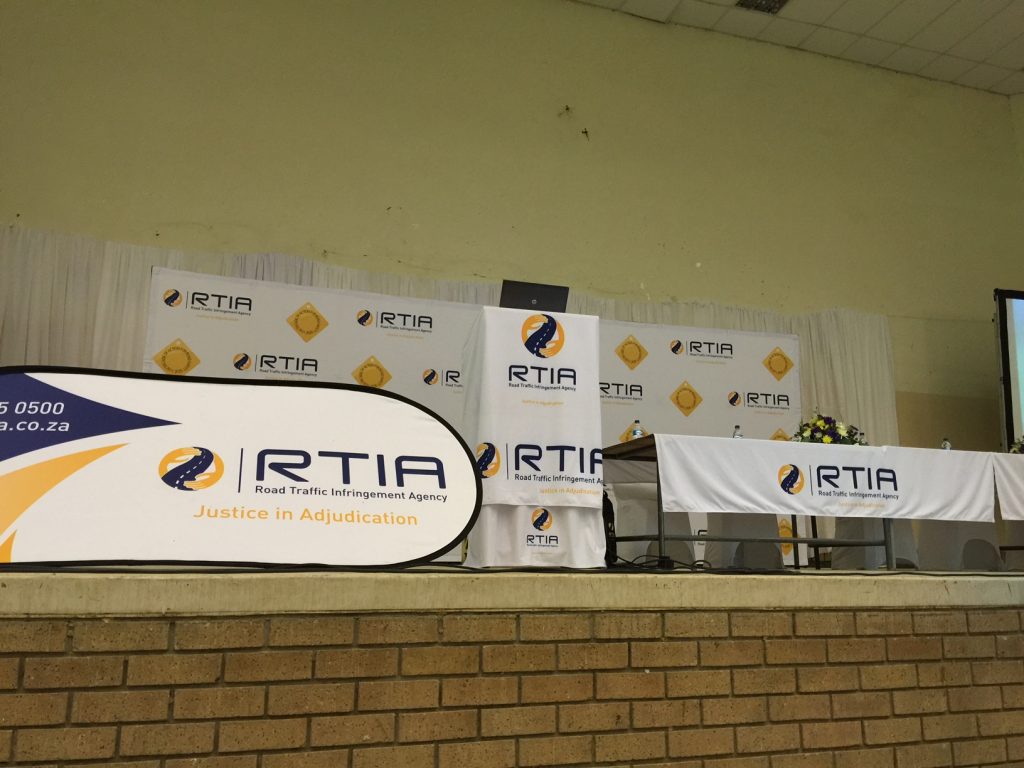Implementing the AARTO Act (as amended) countrywide would be reckless now that a forensic investigation has been launched into the activities of the Registrar of the Road Traffic Infringement Agency (RTIA). This is according to Howard Dembovsky, chair of Justice Project South Africa, who was speaking in the wake of the shock suspensions of the Registrar, Japh Chuwe, and other un-named “senior employees” of the RTIA.
The RTIA was brought into being by the AARTO Act, which creates an administrative scheme of dealing with traffic fines and, in its amended form all but entirely removes the jurisdiction of the lower courts over them.
“The suspensions are being said by the RTIA to have arisen from the findings of the Auditor General regarding the RTIA’s 2019/20 audit, coupled with whistle-blower reports of serious maladministration involving these individuals,” Dembovsky said.
He added that the fact that the maladministration was uncovered by the Auditor General strongly suggests that it involves finances. “This does not bode well for a SOE that the public will soon have to trust to handle billions of Rands in traffic fine revenue,” he added.
He said the AARTO Amendment Act, signed by the President in August 2019, and the draft AARTO regulations published for public comment on 2 October 2020 “unashamedly favour profit over road safety”. He said they envisage a vast flood of revenue which, in South Africa, has proven an open invitation to corruption in SOEs.”
“Fines have been tripled (or more), fees have been doubled, infringement schedules have been modified to maximise fine revenue from speeding especially, and a preposterous ‘Infringement Penalty Levy’ has been incorporated into the new regulations,” he explained.
The Infringement Penalty Levy of R100 per infringement notice that is “issued and followed up by proper administrative processes” will, on its own, generate a billion Rand per ten million fines issued, excluding the value of the fines themselves and the fees the RTIA may add to them. It is conservatively estimated that between 15 and 20 million fines a year will be issued countrywide once AARTO is fully implemented.
“The Amendment Act and draft Regulations perpetuate the stench of road safety as a cash cow, and this latest development gives credence to criticism that the Department of Transport has not held the RTIA at arms’ length in law-making,” Dembovsky said. “In fact, the RTIA, which is the very body which the AARTO Act governs, was allowed to receive public submissions on the Regulations, represents an extraordinary conflict of interest!”
AARTO’s planned national implementation date is 1 July this year, and Dembovsky commented that a forensic investigation into what is clearly being regarded as serious malfeasance could likely not be completed with just 145 days to go before that date.
“To forge ahead with AARTO’s national implementation under the current circumstances would be reckless and we cannot see that the Minister of Transport has much option but to pause it yet again,” he commented. “The RTIA must be squeaky-clean if AARTO is to have the public’s buy-in, and this latest development further undermines public confidence in the Agency,” Dembovsky concluded.
Also view:
RTIA places Registrar / Chief Executive Officer under precautionary suspension
